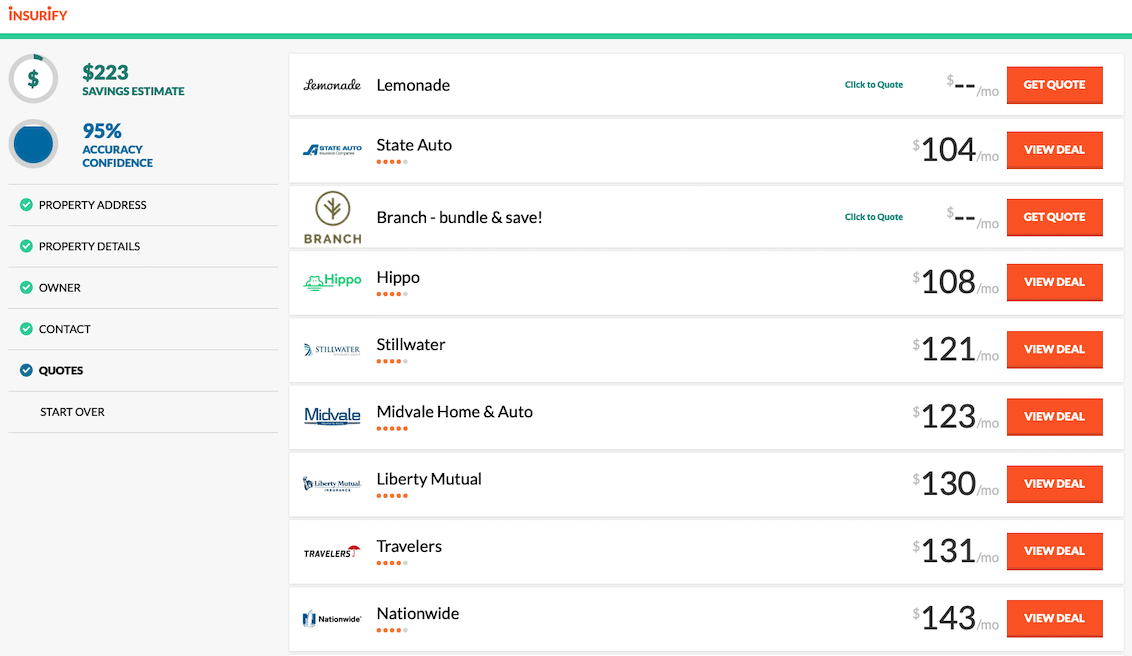
Health insurance is a vital aspect of compensation for many employers. For the past 10 years, however, these benefits have been increasing in price. Increasing deductibles, prescription drug costs and health system pricing are among the reasons. These trends are driving the rise of premiums and depressing wages. Many employers are frustrated with increasing costs and administrative burdens. Some are looking for alternatives to the wage.
Employers increasingly use wearable devices to improve their wellness programs. One survey found that one-fifth of employers collect data from employees' devices. While the health insurance market is still largely driven by price increases, more employers are also looking at new payment methods to help keep their employees healthy.
According to the Congressional Budget Office (CBO), the number Americans who are covered by employer-sponsored health plans will remain the same 159million in ten year. It means that tax-preferential health insurance will not change. Nonetheless, the cost of single coverage will be more than 9.86 percent of household income in 2019.

Premiums do not include the cost associated with health insurance. They also include the cost of deductibles. A quarter of American workers have a minimum $2000 deductible. A quarter of American workers have a deductible of at least $2,000. This is why many companies choose to self-insure their employees. When claims are low, the self-insured plan saves money. Employers are responsible for paying extra if the claim is larger than they expected.
Small group rates are determined by the age mix of the employees. Massachusetts has a median annual income of $1186 for workers younger than 25 and an average annual income of $6,896 for those older.
Larger employers have more control over plan coverage. Large employers often offer biometric screenings to employees. They also offer a wellness program and encourage employees to visit lower-cost providers. Employers in the public sector have the option to customize their health care plans to suit their individual needs.
The Affordable Care act will allow employers with 51 to 100 employees to enter a merged insurance market for 2016. These employers will see premiums rise up to 9 per cent. It also requires states to set rate annually. For those who fail to offer affordable plans, a $3480 annual penalty will be imposed.

Some small employers have to make additional contributions in order for workers to be covered under the ACA. Massachusetts has a 50-percent minimum contribution from employers.
Despite these requirements being met, the number employers offering health insurance continues its decline. After a decade-long period of rapid increases in benefits costs, many small businesses are becoming frustrated at the uncontrollable high cost. Despite the fact that health insurance rates have not increased for most employers, some employers are still struggling to retain their employees.
As unemployment remains low, so is the difficulty in keeping employees. Employers are facing a serious problem. Employers that don't offer their employees health insurance will face a $2320 per-employee penalty. You can also face thousands in fines if you fail to comply COBRA. This law requires employers offer ongoing health care to their employees.